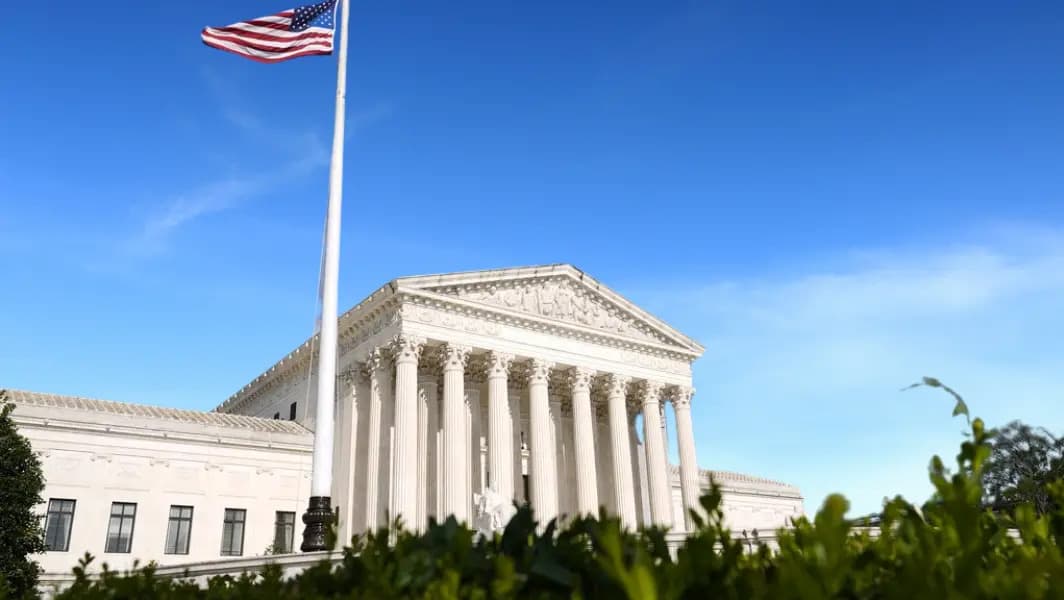
U.S. Supreme Court Rejects Trump's Bid to Withhold Foreign Aid Payments
Ruling Ensures Continued Funding for International Humanitarian Organizations
The U.S. Supreme Court has ruled against former President Donald Trump’s attempt to withhold payments to foreign aid organizations, reaffirming the government's obligation to fund these groups as mandated by Congress. The decision marks a significant legal setback for Trump’s policies on international aid, which sought to impose stricter conditions on funding.
Background: Trump’s Attempt to Cut Foreign Aid
During his administration, Trump sought to limit U.S. financial assistance to certain international aid groups, arguing that taxpayer money should be prioritized for domestic programs. His administration attempted to impose new restrictions that would block funding to organizations that did not comply with specific policy directives, particularly in areas related to global health, humanitarian relief, and development.
However, lower courts ruled that such actions overstepped executive authority, as Congress had already appropriated the funds. The Supreme Court’s decision upholds these rulings, confirming that the president cannot unilaterally withhold aid approved by lawmakers.
Legal Arguments and Supreme Court Ruling
In a majority opinion, the justices emphasized that the president does not have the authority to override congressional allocations of foreign aid. The ruling clarifies that once Congress approves funding, the executive branch must distribute the money as intended.
The power of the purse belongs to Congress, and the executive branch cannot withhold funds based on policy preferences alone, the ruling stated.
The decision aligns with previous Supreme Court rulings affirming congressional authority over federal spending, reinforcing the separation of powers outlined in the U.S. Constitution.
Impact on Foreign Aid and Global Relations
The ruling ensures that humanitarian and development programs funded by the U.S. will continue without disruption. International organizations that rely on U.S. assistance for food aid, disaster relief, and public health initiatives welcomed the decision, highlighting the importance of stable and predictable funding.
Foreign policy analysts suggest that the decision may restore trust in U.S. commitments to global aid efforts, reassuring partner nations and organizations that funding cannot be arbitrarily revoked.
Political Reactions and Future Implications
Supporters of the ruling, including human rights groups and Democratic lawmakers, praised the court’s stance as a victory for global aid efforts and the rule of law. They argued that the decision reinforces congressional authority and prevents future administrations from selectively blocking funding based on ideological grounds.
Conversely, Trump’s allies criticized the ruling, claiming it undermines executive discretion in shaping foreign policy. Some conservative lawmakers have called for legislative reforms to grant the president greater flexibility in directing foreign aid.
As the debate over foreign aid continues, the Supreme Court’s ruling sets a precedent for future conflicts between Congress and the executive branch over budgetary control, reaffirming the constitutional limits of presidential power in financial matters.
For any enquiries or information, contact info@thelawreporters.com or call us on +971 52 644 3004. Follow The Law Reporters on WhatsApp Channels